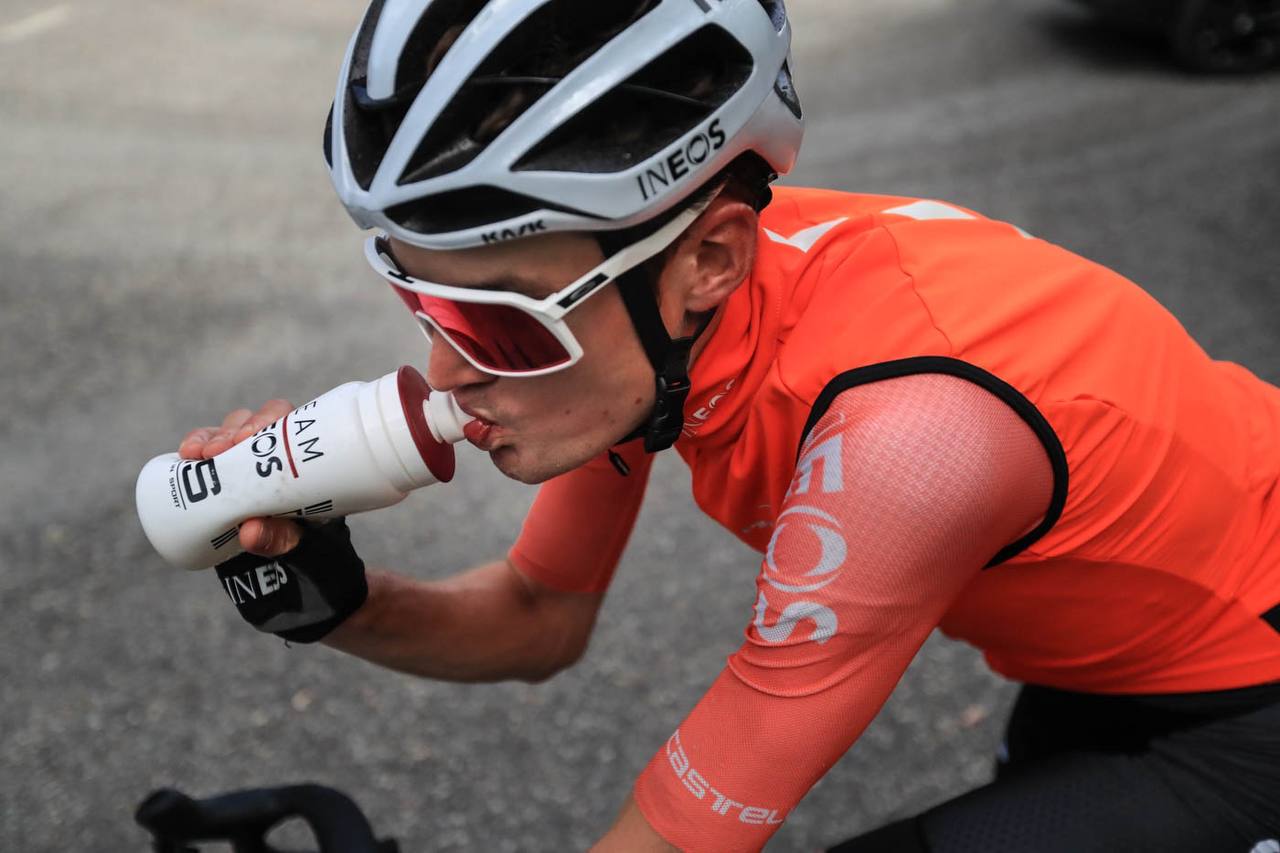☕️ Can you improve your race-day performance by using caffeine drinks and gels?
☕️ What is happening if you drink coffee regularly in your daily life?
☕️ How much coffee is good and how much is enough?
☕️ How does it work in race practice?
We answer these and other questions below.
Caffeine is a central nervous system stimulant. It is not only about coffee, but also about tea, energy drinks, Coca-Cola, sports nutrition, dark chocolate, etc.
Research shows that caffeine stimulates the burning of fatty acids with subsequent energy production. Caffeine helps produce adrenaline. It is the adrenaline that helps us cope with the load, improves endurance, and temporarily blocks fatigue.
Almost everyone has experienced the cognitive and psychological effects of caffeine. Caffeine stimulates the central nervous system, and improves brain function, especially concentration and attention. A high training load is perceived as easier and does not exhaust so much.
In endurance sports, it is important to be able to resist fatigue not only with physical abilities but also with your mind. The caffeine found in Coca-Cola, Red Bull, or sports nutrition helps in both cases.
How to get the most out of caffeine?
☕️ Limit your daily caffeine consumption if you want to maximize the race-day effect. Many professional athletes refrain from drinking coffee several weeks before the competition to increase the effect of its use on race day. By consuming caffeine every day, you increase addiction and decrease the effect.
☕️ Remember that caffeine has a temporary positive effect on your performance. It lasts 10–15 min after consuming it. That’s the time frame when you can outperform. Make sure underperformance will follow shortly, so you’d better cross the finish line before it’s done. Or find another caffeine shot.
☕️ It’s advisable to not drink espresso later than 1.5–2 hours before you get to the starting line. This will ensure your full recovery from excessive adrenalin spike and the following recovery.
☕️ To avoid an overdose effect, it is advisable to follow the recommended norms — no more than 400 mg of caffeine per day (3–5 cups of coffee). These indicators can be individual — for someone already 50–100 mg can cause anxiety, heart rate elevation, and other symptoms.
☕️ It is worth mentioning that coffee is a strong diuretic. Together with the liquid, your body losses salts, and other useful substances. Limit your coffee intake to avoid cramps during a marathon or half marathon.
☕️ Last but not least. The price and quality of espresso shots are usually negatively correlated. Most likely you will find the best coffee in Italy where it’s the cheapest. Unfortunately, Italian espresso is rare in aid stations. That’s why we recommend Cola and water.
Caffeine can really boost performance and help cheer up at a given moment. But your long term physical condition will really improve only through training!
OMY! Sports
